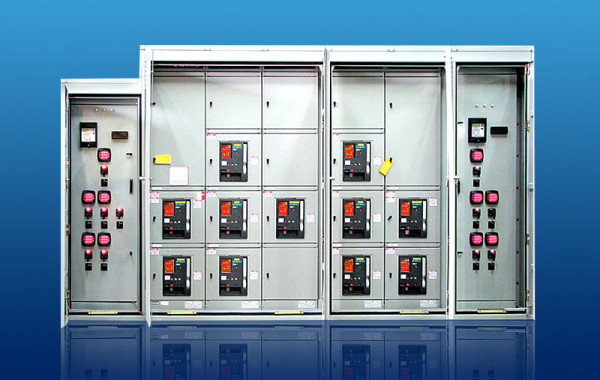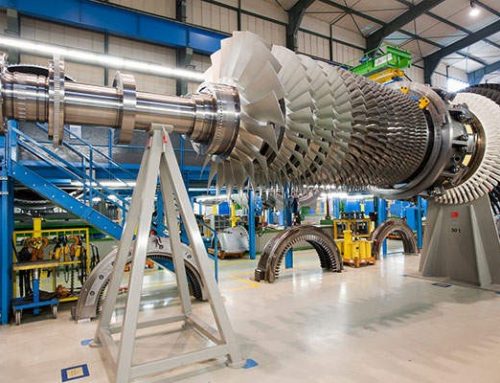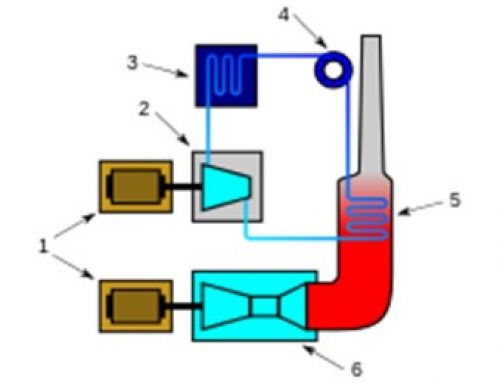Project Description
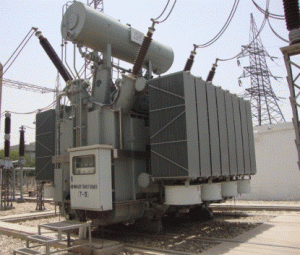
Why attend
This course is created to provide a complete understanding of the various types of switch gears, transformers, capacitors relays, capacitors, surge arresters, cables & meters, uninterruptable power systems (UPS), circuit breakers, and fuses. Once successfully completed, delegates will be able to identify, select, commission and maintain these equipment for their applications. Additionally, delegates will have sufficient information to achieve reduced capital, operating and maintenance costs along with increased efficiency.
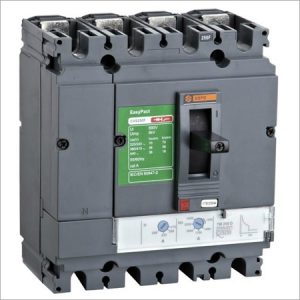
Course Objectives
By the end of the course, participants will be able to:
Receive a thorough knowledge on installation, operation, testing, optimization, maintenance and troubleshooting of electric distribution system equipment.
Describe standards and regulations as well as electric power and the dielectric principle.
Examine low and medium voltage cable and buses and discuss a general overview of MV and LV equipment.
Define MV and LV switchgears and circuit breakers and review power and instrument transformers
Evaluate surge arrestors, capacitors, meters and protective relays.
Implement electrical safety and apply electrical maintenance program.
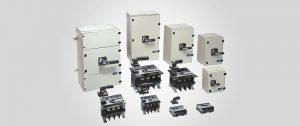
Who should attend
This course is designed for those involved with the planning, implementation, and/or supervision of electrical preventive maintenance (EPM) programs for electric power equipment in industrial plants, process plants, oil/gas fields, refineries, petrochemical plants, utilities, and commercial facilities. Very interesting for those interested in learning how electrical power distribution equipment and systems operate, and how to maintain and trouble-shoot the equipment safely and effectively.
Course Outline
- Electric and Magnetic Fields and the Electric Power System –
- Behavior of Dielectric (Insulation) Materials – Conducting and Insulating Materials
- Three-Phase Power Calculations- Short-Circuit Currents –
- Calculations and Equipments and Materials Stress
- Electrical Problems and Corrective Actions – Excess Heat and Voltage –
- Deterioration and Contamination – Partial Discharge (Corona
- Types – Construction – Applications- Ratings- Cable Joints-
- Bus Bars and Buses Accessories- Inspections – Tests –
- Evaluations- Common Failure Modes and Failure Location-
- Cable/Bus Safety
- Types and Applications
- LV Switchgears Types and Ratings- LV Switchgear Circuit Breakers –
- Types and Ratings- Overcurrent Sensing- Typical Time-Current-Curves (Tccs)-
- LV Circuit Breakers Selectivity
- Types and Ratings of MV Switchgears-
- MV Switchgear Circuit Breakers –
- Types, Ratings and Operating Mechanisms –
- Protection Relays-Inspections and Tests
- Transformers Principles and Parameters – Types and Applications-
- Connections (Vector Group) – Two-Winding – Zigzag Grounding –
- Auto-Transformers and Tertiaries
- Tap Changers – De-Energized Tap Changers (DETC) –
- Load Tap Changers (OLTC) and Controls –
- Built-on Protections (Buchholz and Similar Relays)-
- Cooling Systems- Fire Fighting
- Parallel Operation of Transformers- Accessories- Failure Modes and Detection-
- Inspections and Tests- Factory Tests- Field Tests- Oil and Gas Analysis
- Characteristics and Functions – Types & Ratings – Connections –
- Inspections and Tests – Common Failure Modes and CT/VT Safety
- Types and Ratings- Inspections and Tests
- Types of Banks and Their Connection- Power Factor Correction-
- Connection Points- Harmonic Considerations- Inspection and Testing
- Types of Meters and Applications- Types and Application of Protective Relays-
- Typical Connection Diagrams- Measurement Transducers –
- Inspection and Tests – Meter/Relay Cautions and Safety
- Hazards Working Near or on Energized Electrical Equipment-
- Electrical Shock and Effects- Arc Flash –
- Safeguards for Preventing Shock
- De-Energized and Energized Works – Permit to Work-
- Tools and Test equipment Use and Care of Safety Grounding Sets –
- Use and Care of Electrical Personal Protective Equipment – Tools and Test equipment
- Safety Distances- “Qualified Electrical Workers” as Defined by OSHA- Minimum Approach Distances for Non-Qualified and Qualified Electrical Workers –
- Proper Lockout-Tagout Procedures – Equipment Safety Interlocks-
- Step and Touch Potential (Definition and Hazards)
- Maintenance Actions- Testing Intervals-
- International Electrical Testing Association (NETA) Specifications
The workshop
This interactive training course includes the following training methodologies as presented on the next column based on percentage of the total tuition hours:
Lectures
Workshops & Work presentation
Case Studies & Practical Exercises
Videos, Sofware & General Discussion
The course instructor may modify the above training methodology before or during the course for technical reasons with no prior notice to participants.
Falcon Consulting Professionals is established in Greece for the last 15 years in the areas of technical consulting and professional training for the local industries. Falcon is expanding in GCC, aiming to provide the best consulting and training solutions to the industries of the region. Falcon’s instructors are accredited trainers and highly experienced in their fields, as well as adult training. We aspire to build our business relationships on mutual trust. The achievement of results with an emphasis on innovation and sustainability, quality, cost analysis and time scheduling are non-negotiable from the conceptual phase of the training.

